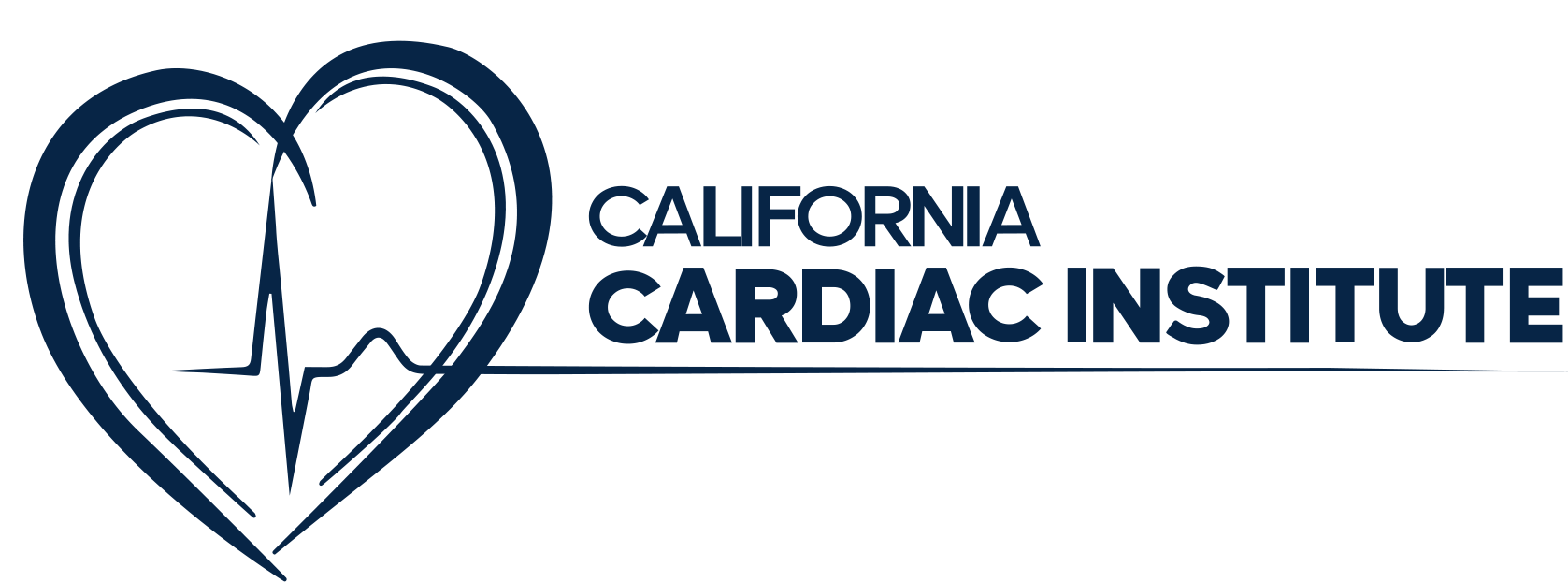Arrhythmias are irregular heart rhythms that can cause your heart to beat too fast, too slow, or unevenly, leading to palpitations, dizziness, shortness of breath, or fatigue. At California Cardiac Institute, we help you address these symptoms before they affect your health.
What Are Arrhythmias?
Arrhythmias are conditions where your heart beats irregularly: sometimes too fast, too slow, or in an erratic pattern. As a result, you might feel palpitations, chest discomfort, fainting spells, or unusual fatigue. Arrhythmias occur when the electrical signals that coordinate your heartbeat don’t function properly. While some are harmless, others can increase your risk of complications like stroke or heart failure.

Signs & Symptoms of Arrhythmias:
- Feeling like your heart is racing, fluttering, or skipping beats
- Dizziness or lightheadedness
- Shortness of breath, especially during activity
- Chest discomfort or pressure
- Fatigue or weakness without a clear cause
- Fainting or near-fainting spells
- Anxiety or a sense of unease related to your heartbeat
What Causes Arrhythmias?
Arrhythmias develop when the electrical impulses that control your heartbeat are disrupted, causing the heart to beat irregularly, too quickly, or too slowly. This disruption can result from changes in the heart’s structure, chemical imbalances in the blood, or external factors that affect how your heart functions. Some arrhythmias are temporary and harmless, while others may signal more serious cardiovascular concerns. These are some of the most common causes and risk factors of arrhythmias:
- Coronary artery disease or prior heart attack
- High blood pressure (hypertension)
- Heart valve disorders
- Congenital heart defects (present at birth)
- Thyroid problems (overactive or underactive)
- Electrolyte imbalances, such as low potassium or magnesium
- Sleep apnea
- Excessive caffeine, alcohol, or recreational drug use
- Stress or strong emotional triggers
- Certain prescription or over-the-counter medications
Heart Conditions Can't Wait
If arrhythmias are left untreated, they can progress from being occasional inconveniences to life-threatening conditions. An irregular heartbeat can reduce the heart’s ability to pump blood effectively, leading to complications such as stroke, heart failure, or sudden cardiac arrest. Over time, untreated arrhythmias may also cause damage to vital organs due to poor circulation. At California Cardiac Institute, we emphasize timely care to prevent serious consequences.
How Are Arrhythmias Diagnosed and Treated?
When you come to us with symptoms of arrhythmia, we begin by carefully listening to your concerns and reviewing your medical history. During your consultation, we perform a thorough physical exam and use advanced diagnostic tools, such as electrocardiograms, Holter monitors, or imaging tests, to evaluate your heart’s rhythm and identify the underlying cause. Once we’ve established a clear diagnosis, we tailor a treatment plan to your specific needs.
Depending on your condition, your care may include:
- Lifestyle changes and prevention strategies
- Medications to regulate heart rhythm or prevent clotting
- Noninvasive monitoring and follow-up care
- Advanced procedures such as catheter ablation or pacemaker implantation

Schedule Your Consultation
California Cardiac Institute is dedicated to helping you live longer and healthier. If you’re experiencing symptoms such as palpitations, dizziness, or shortness of breath, don’t delay seeking care. Our physicians combine advanced diagnostic tools with preventive strategies to ensure the best outcomes. We offer same-day appointments and welcome walk-ins, because heart conditions can’t wait. If you have concerns about your heartbeat, schedule your consultation for a diagnosis and treatment at our Glendale, California, location.

